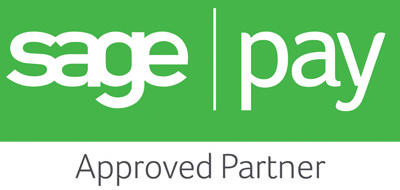Using ChatGPT For Content Idea Generation
We all know by now that ChatGPT and alternatives aren't the holy grail of great content generation. Yes, these tools can output generally correct and understandable answers to questions and prompts, but they're no match for the human touch you need in great content. We're seeing that ChatGPT is actually the un-thinking person's answer to generating written content – a new favourite of university slackers and workplace idlers who want to lighten their workload.
We agree that ChatGPT can be used to lighten your workload, that's what it's currently best at, but it needs to be used in the right ways. One of these is as an auxiliary tool for keyword research to inform content generation; it performs exceptionally well here for unfamiliar and niche keywords as well as for more established topics.
Keyword research is one of the foundations of content idea generation. Writing content based on current events and trends is a good strategy for many businesses, but we all need a core of high quality content that people search for whatever the news, weather, or current pop culture trends.
When conducting keyword research with AI we have to remember that AI is essentially a know-all, a bit of a show off when it comes to giving information, so including phrases like “list without description XYZ” in your prompts means you'll get a concise list of results rather than an essay length answer you need to comb through for the salient points.
Asking AI to tell you the top semantically related keywords (without description) for any given search term will also provide a useful list of related search terms you can plug into keyword research tools and check for volume.
ChatGPT and similar Large Language Models (LLMs) make light work of one of the most efficient modes of keyword research – Google autocomplete. The first stage in using this feature for keyword research is usually to sign out of Google, so that your own search history and preferences don't skew the results, but using AI means you can stay signed in! AI can return a complete list of keyword autocomplete search terms in seconds with a simple prompt: “give me popular keywords starting with <topic> and the next word starts with a”. You can then repeat the prompt with each letter of the alphabet and you've saved yourself a decent amount of time.
For some popular industries ChatGPT may know enough about the potential customer personas that it can also tell you keywords and key concerns for most demographics or customer cohorts. It might not always get these right, however, so it's worth keeping your human brain switched on and engaged to assess whether the results you get from AI are actually correct and relevant.
These tools can also give you popular sub topics for primary search terms and below, which could end up as a rather unwieldy list of potential keywords to write for. That's where the keyword research tools come in, so you can assess the competition, strength and relevance of each one. ChatGPT will tell you it can do this part of the job, but it's not quite clever enough yet (we told you it was a show off!).
The SEO part of working with keywords is what we do best – we can tweak all sorts of elements of your website to perform brilliantly in search queries for your most relevant keywords. If you're writing content, or wondering what to instruct a content writer for, then consider bringing AI in as an assistant, just don't expect it to make you a cuppa!
